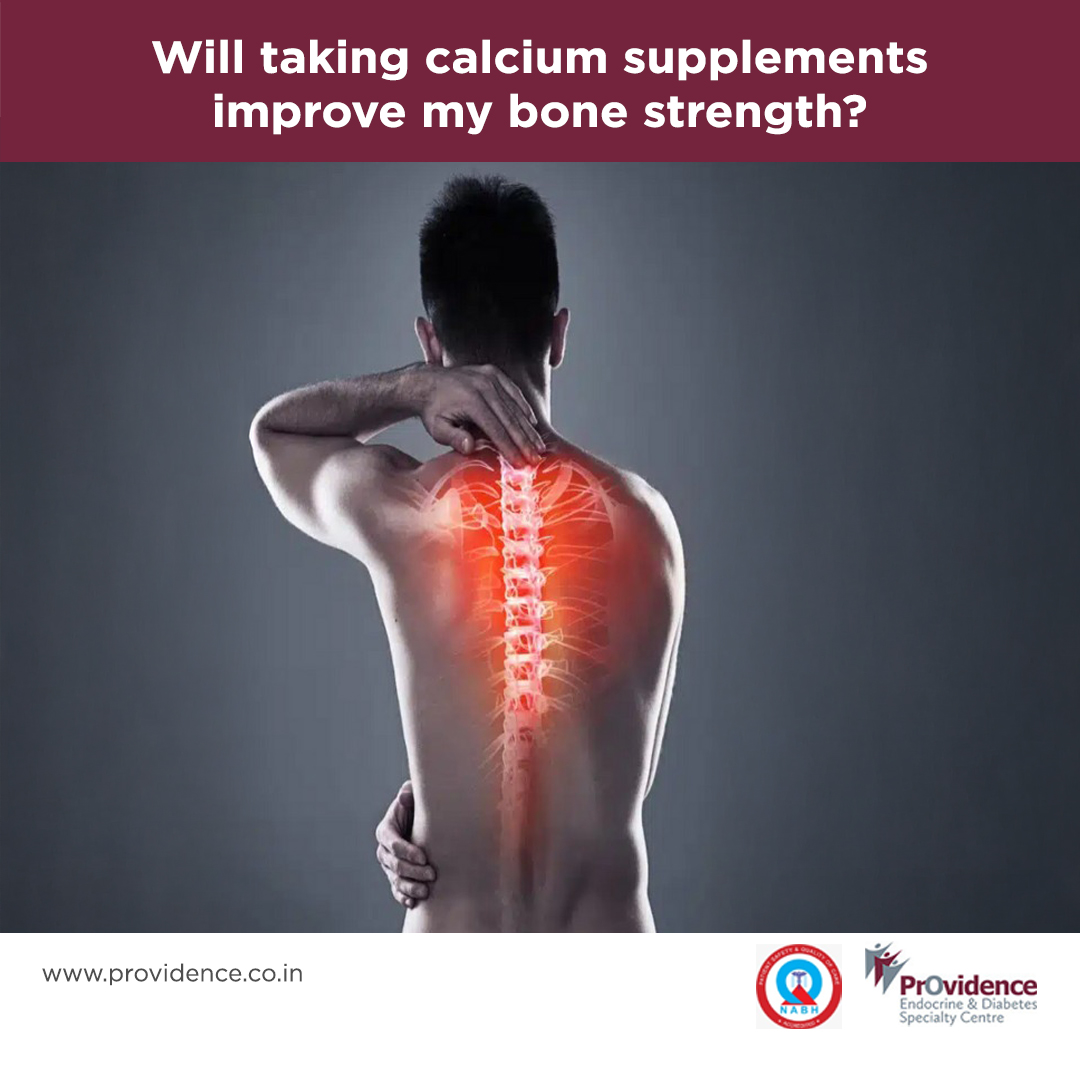Calcium is an essential element that plays an important role in skeletal mineralization. It is essential for several physiological processes including muscle contractions, nerve functioning, blood clotting and release of some hormones. Bones are the main storage site of calcium in the body.
Our body cannot make calcium. The body only gets the calcium it needs through the food you eat, or from supplements. If you do not get enough calcium in your diet, or if your body does not absorb enough calcium, your bones can get weak or will not grow properly. Bones are constantly being remodelled with old bone being resorbed and new bone being formed. Bone density refers to how much calcium and other minerals are present in a section of your bone. Bone density is highest between ages 25 and 35. It goes down as you get older. This can result in brittle, fragile bones that can break easily, even without a fall or other injury, which is termed as osteoporosis.
Post-menopausal ladies and those on immunosuppressant drugs are prone to osteoporosis.
The digestive system normally absorbs only 15% to 20% of the calcium taken in your diet. Vitamin D is the hormone that helps the gut absorb more calcium. Many older adults have low calcium intake in the diet (mainly in milk, cheese, and yogurt) . Vitamin D levels may also be low which can make gut calcium absorption low. Because of this, as you age, your body still needs calcium to keep your bones dense and strong. Recommendation is to take 1,200 milligrams of calcium and 800 to 1,000 international units of vitamin D a day.
Follow a diet that provides the proper amount of calcium, vitamin D, and protein. These nutrients will not completely stop bone loss, but they will help ensure that your body has the materials it needs to build bones. Remaining fit and active can also protect bones and keep them stronger. Avoiding smoking also protects bones and keeps them stronger.
Dr. Deepa G, MHSc (Diab), Dip (Diab)



